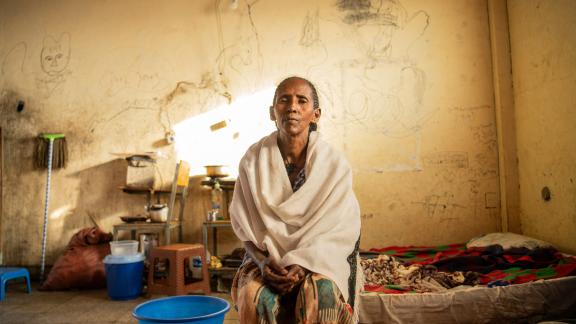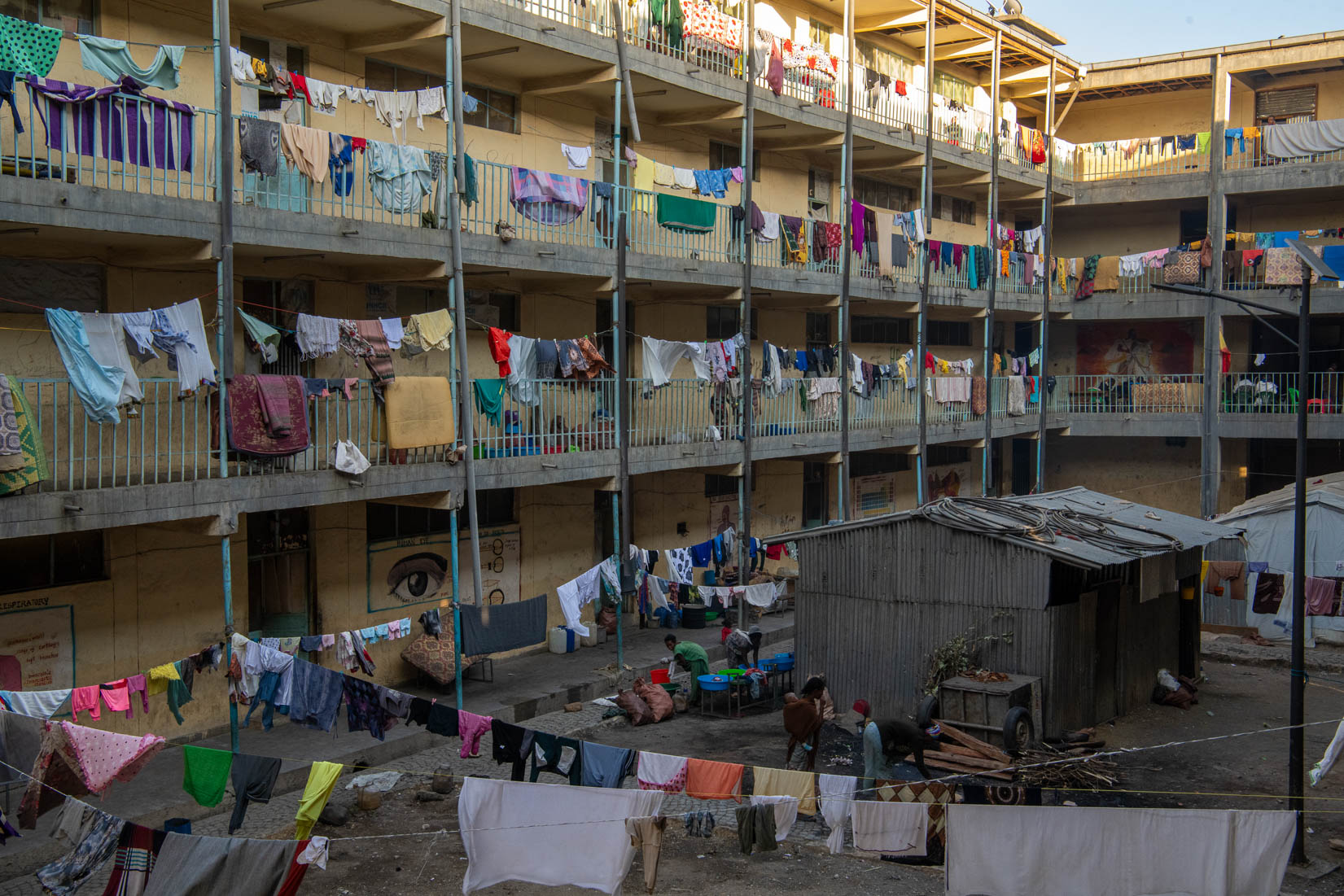
In Tigray, Ethiopia, this vast secondary school once echoed with the sounds of students shuffling between classes and teachers giving lessons. Now it has been transformed into a crowded camp, sheltering more than 10,000 internally displaced people – most of them women and children. The rooms are divided up by large sheets to house multiple families. When night falls, they share thin mats and try to get some sleep.
For two years, between November 2002 and November 2004, Tigray was in conflict, cut off from adequate food, medicine, and outside aid. Schools, hospitals, and essential services collapsed, shattering communities that once thrived on agriculture and trade.
For International Women’s Day we collaborated with Ethiopian photographer Maheder Haileselassie to help tell the stories of women attending clinics and sheltering in displacement camps like this with their families. After fleeing the Tigray conflict and enduring immense hardship they continue to push forward with determination. Today and every day – despite devastating cuts to international aid – we are united in solidarity with them.
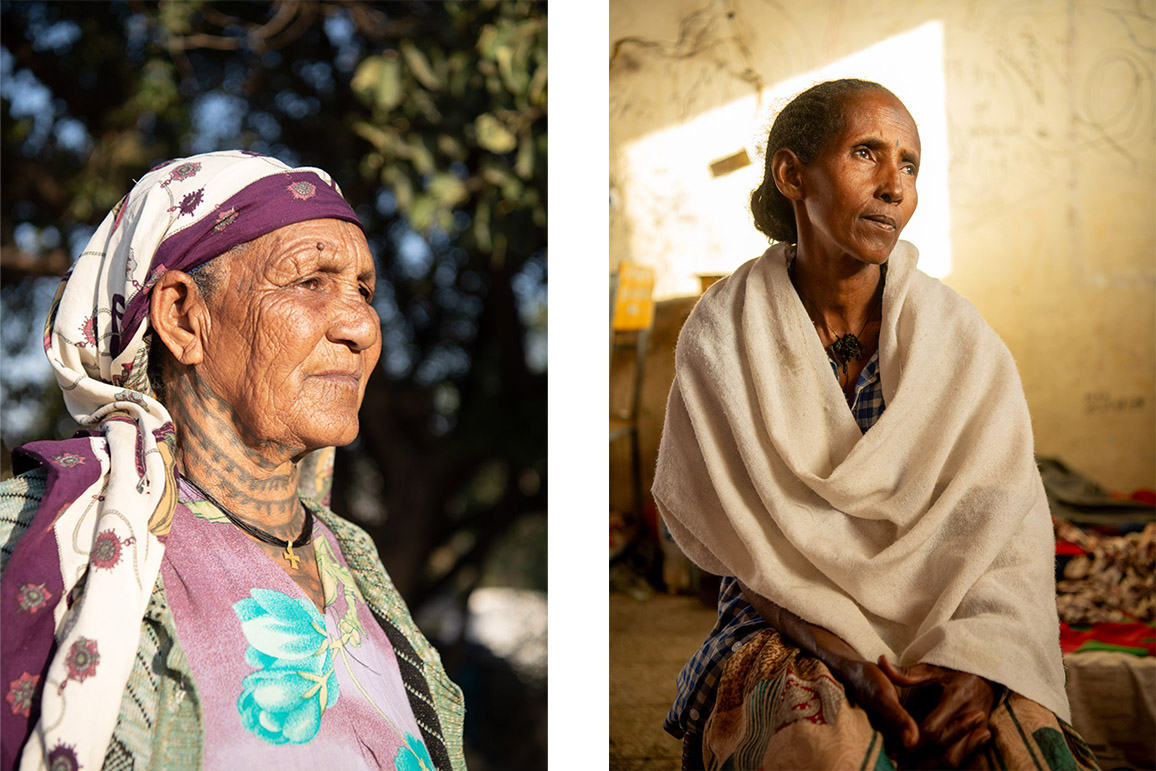
Zenebu (above left) lived in her home town for more than forty years before fleeing four years ago:
"We used to be wealthy. We owned cows, donkeys, and farmed several hectares. Militias stormed the town one day after midnight, and we had to flee empty-handed to save our lives. We want to go back home because there’s nothing to do here. The food and the sleeping situation are horrible, and I now have high blood pressure. I’m a very hardworking woman. My husband passed away more than thirty years ago, and I was the ‘man’ of the house, raising my children. I was a strong woman back home."
For Wubalech (above right), the meaning of home has been upended:
"We used to farm up to five hectares of land and had cattle,” she says. “Milk and butter were abundant. We left our good life."
The Tigray War Report estimates that more than 500,000 people were killed in the conflict between various armed groups. According to Tigray's interim regional administration, one million internally displaced people remain scattered across the region.
Women bore the brunt of widespread sexual violence, and many became the sole providers at home after losing family members in the war. Without identification papers, securing employment remains nearly impossible.
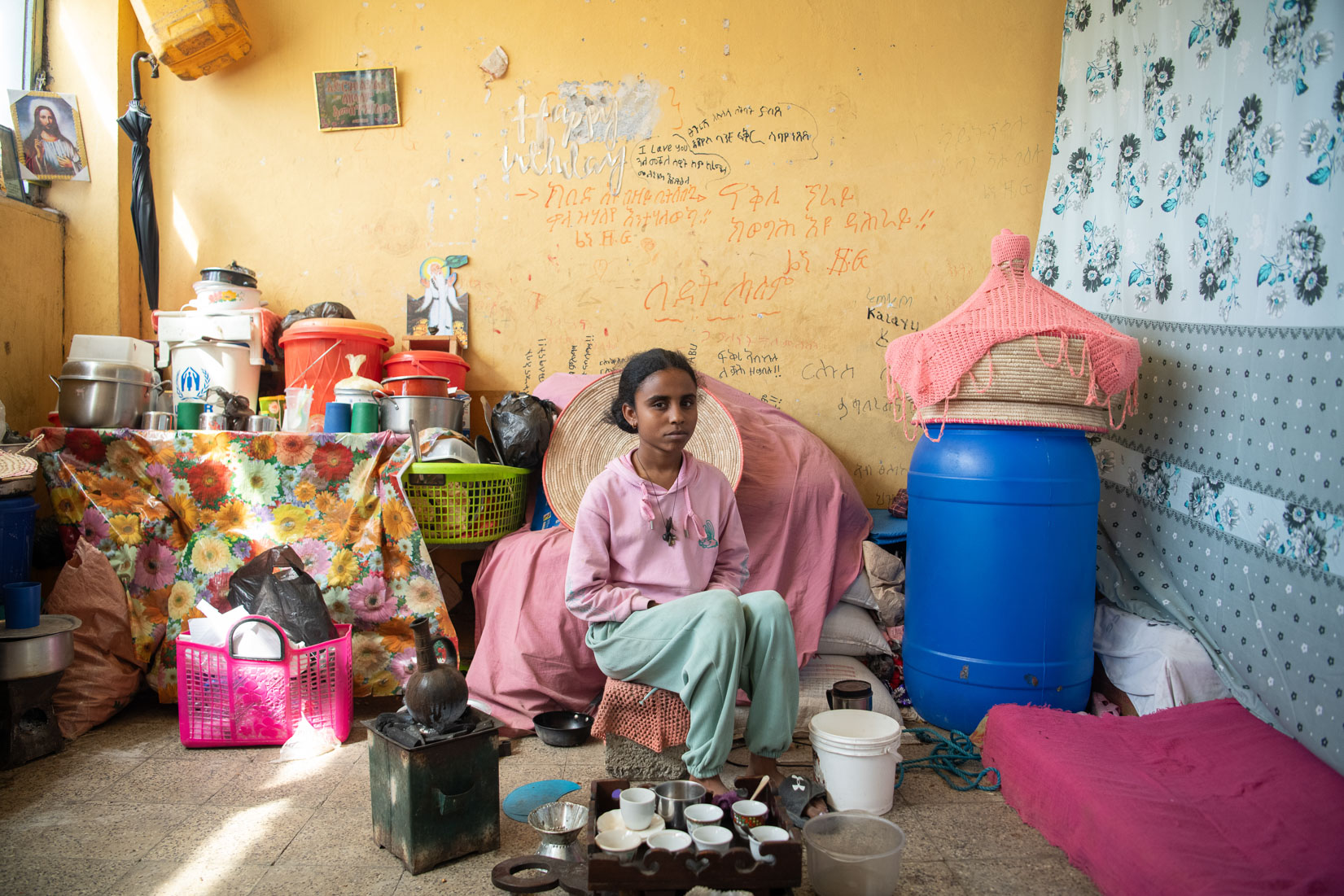
Tirhas, pictured above, fled with her mother and siblings after her father was killed in the conflict. She stopped her studies and now works part-time as a house helper to support her family:
"I can't continue my studies because I have to support my family. I'm the only one who brings in income. But I’m strong because I'm the one supporting my family, I’m carrying all the burden. Supporting each other is what makes women powerful."
Research across 52 out of 84 districts of Tigray showed that 43% of women in Tigray experienced some form of gender-based violence during the conflict, with 29.2% of young women (aged 15–24 years) affected by sexual violence (Fisseha G et al, 2003). The brutality of sexual and gender-based violence during the conflict has left deep physical and psychological wounds, with survivors struggling to access justice and medical care.
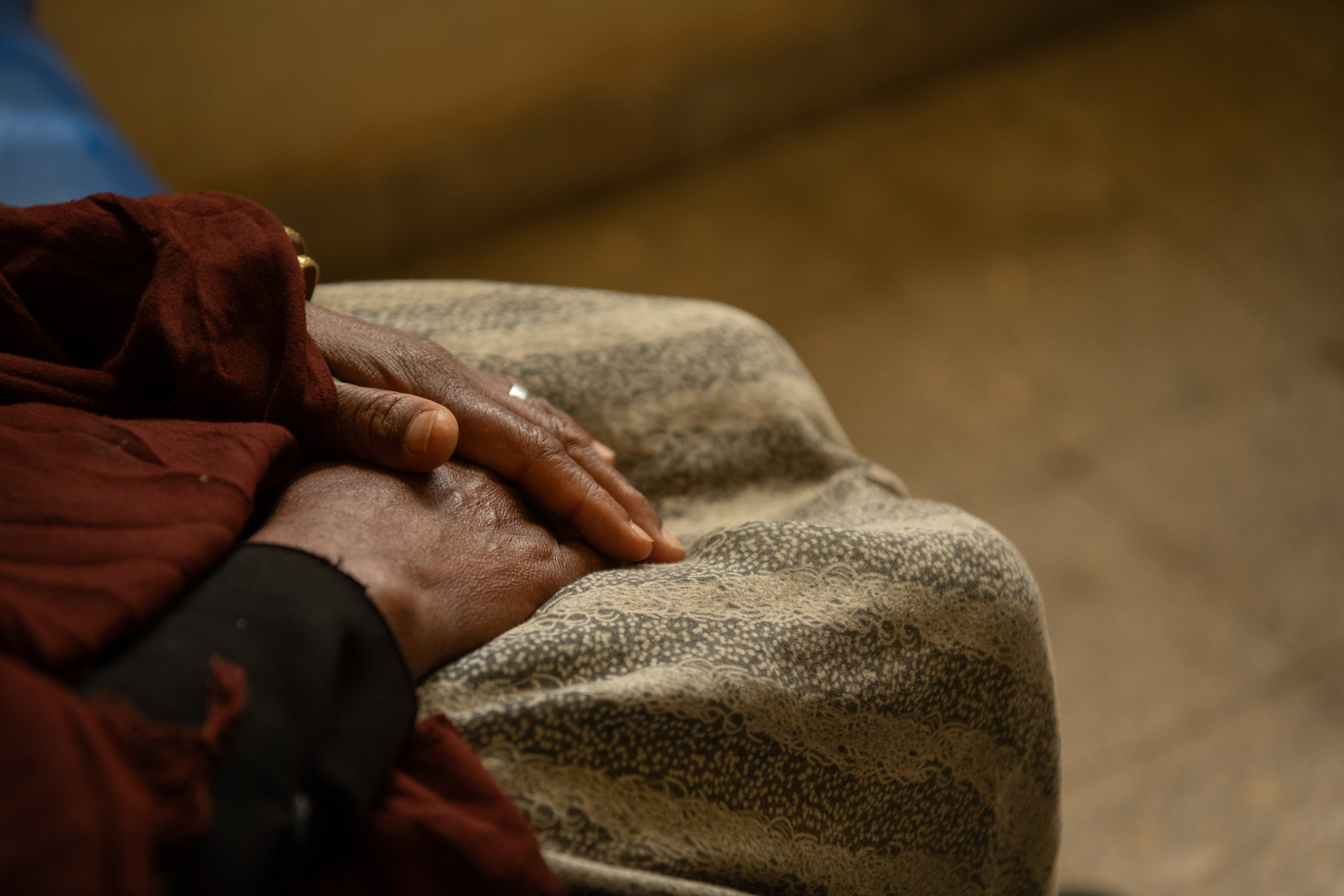
Mehret* 42, pictured above, was displaced five years ago and her story contains a graphic description of sexual violence. Mehret arrived at the camp with five of her children. Her husband and one of her children died fighting in the war and her eight-year-old daughter was kidnapped.
Mehret endured unimaginable sexual violence: fighting forces put nails and stones in her vagina. At night, in the school, Mehret sleeps beside her own mother. They borrow bed mats when the pain Mehret still experiences after the violence is too bad for her to lie on the floor.
"Just staying alive and being able to stand up again despite what I endured makes me know that I am resilient… As a woman, I have the right to proper nutrition, better medication and justice to return to my homeland."
Mehret, who is now attending a college course, has found reserves of resilience that no-one should have to, and she is not alone in doing so. Despite many hardships, women in Tigray continue to push forward with determination. In the overcrowded shelters, they lean on one another, preparing communal meals, sharing scarce supplies, and caring for children who have seen too much.
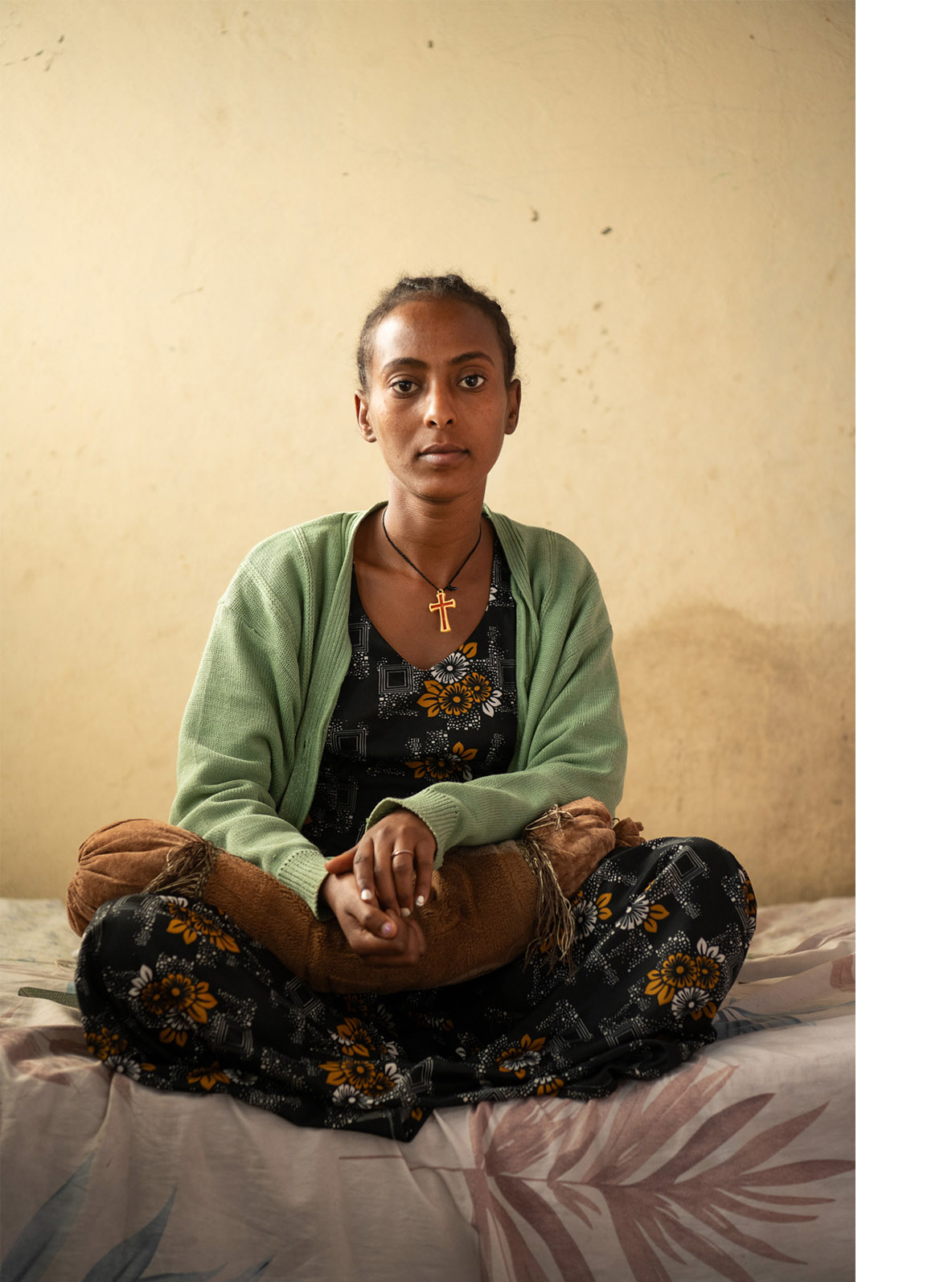
Twenty-three-year-old Rahwa was displaced four years ago. Her father was killed, and she fled with her mother and sisters. She had been studying in college, but first the COVID-19 pandemic and then the war interrupted her education. She started working for a private company but couldn’t afford rent outside the camp and had to return. Now, she only works part-time:
“Standing still is good enough. I go out and work. It may not be enough, but it’s enough to get us through the day. If a woman has a job, she can become stronger than anyone. We don’t have our documents to get hired here, and we also get sexual requests to get employed. That makes it difficult to reach a better place."
Amid the fragile situation, the International Planned Parenthood Federation (IPPF), through its partners, worked to restore essential sexual and reproductive healthcare under the IPPF humanitarian SPRINT response funded by the Australian Government's Department of Foreign Affairs and Trade (DFAT). Their efforts include mobile clinics and community outreach, providing maternal care, contraception, and sexual violence care. Between the camps and rural areas, more than 45,000 displaced people received clinical care, counselling, and sexual and reproductive education.
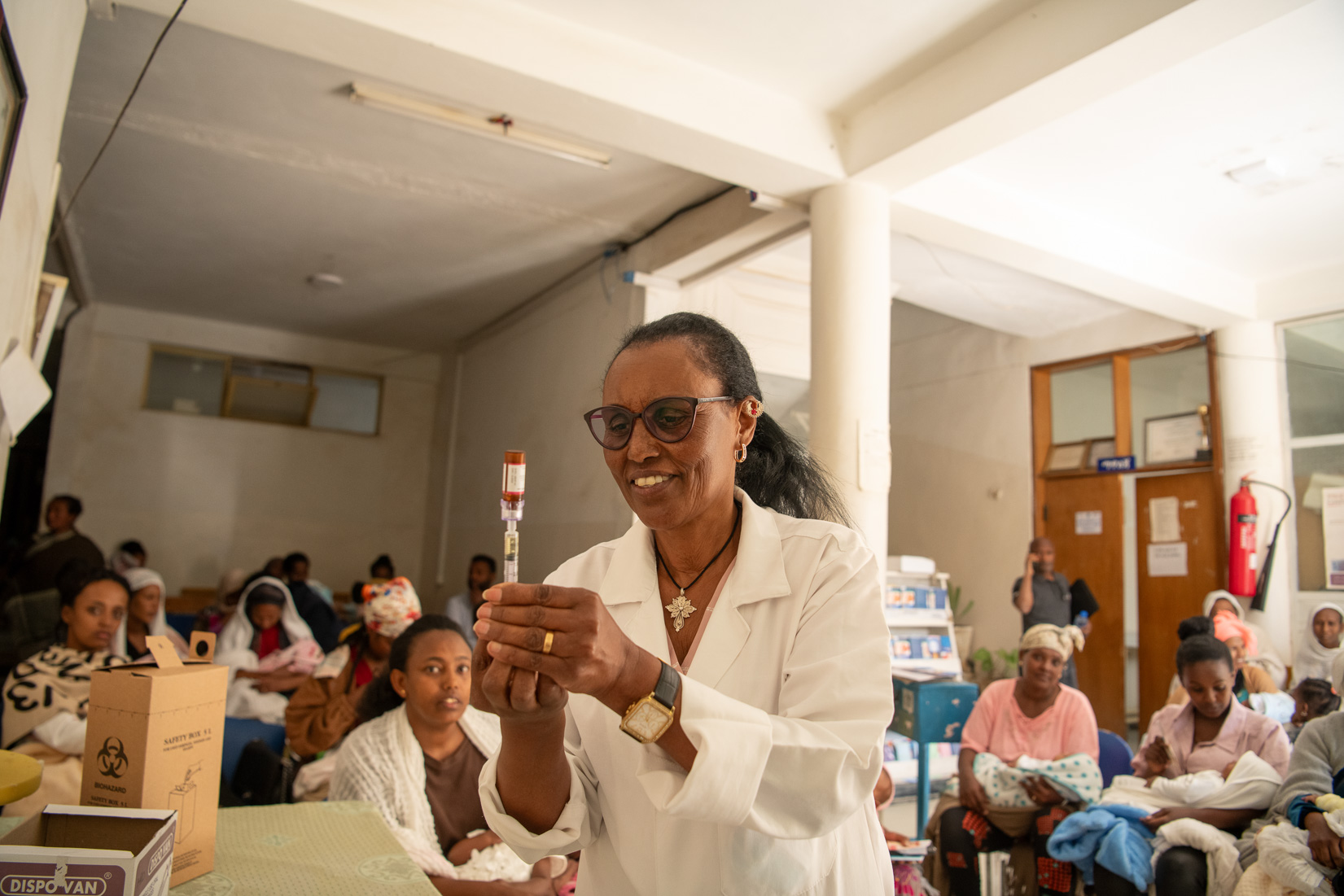
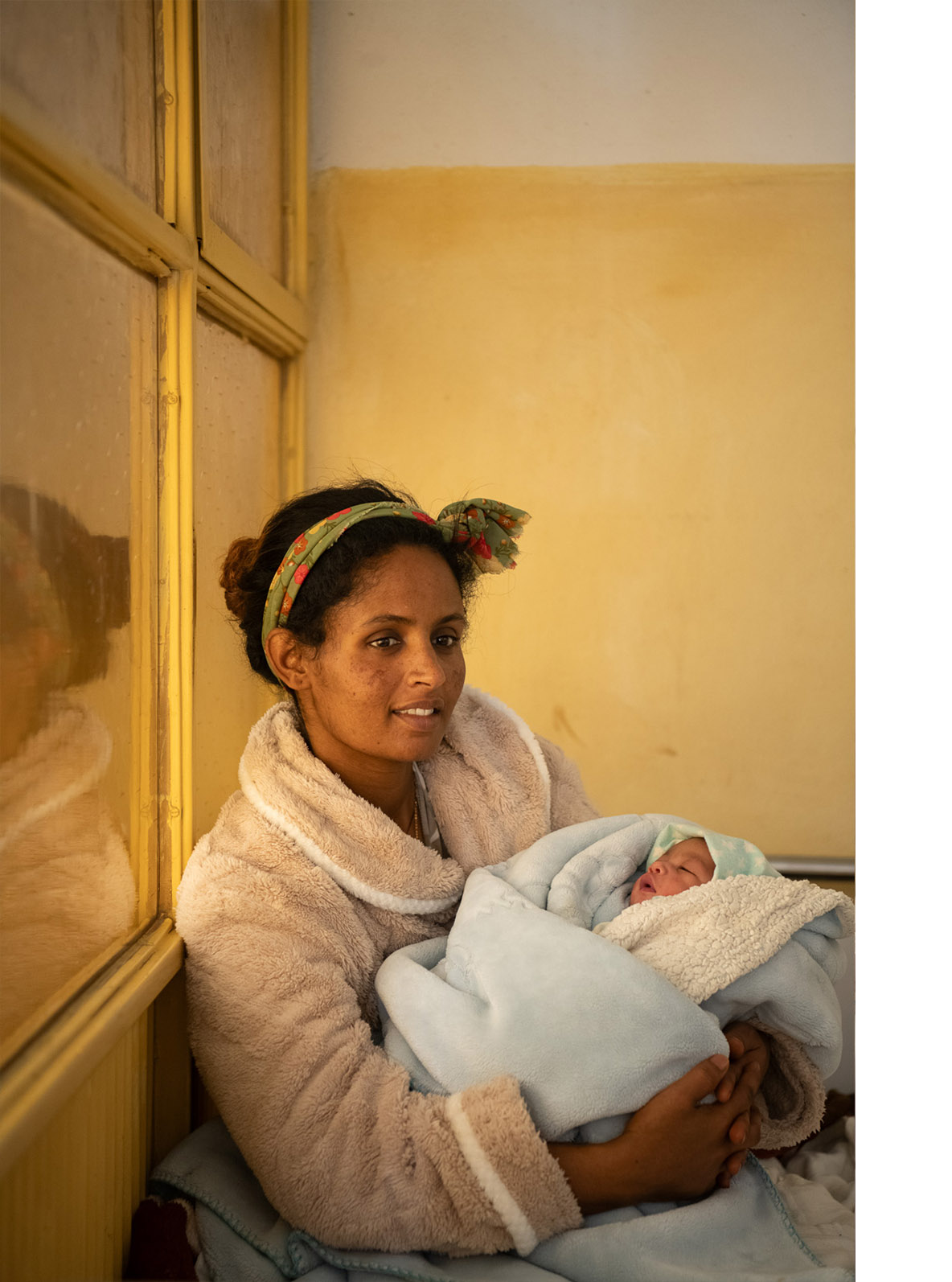
Throughout the response, 483 women safely delivered their babies, including Adey, 33 (pictured left), who delivered her baby the night before this photo was taken. When her contractions started, an ambulance was sent to her home, and she later gave birth at the clinic.
The women of Tigray have shown extraordinary resilience. But resilience alone does not solve health emergencies, feed families, or heal trauma. When healthcare systems collapse and funding disappears, it is women who bear the greatest burden physically, emotionally, and economically.
Just weeks after these stories were captured, USAID funding cuts forced the closure and scaling down of critical services supported by IPPF partners. Some supported outreach projects have been shut down, and critical services such as ultrasounds, once free, are now forced to carry fees many cannot afford in order to keep the service open. The health, education and training programs for young people were affected, staff lost their jobs, and women who had begun to rebuild their lives now face new obstacles in accessing care. Their stories are far from over.
“The USAID cuts came with very little notice. The women and girls will suffer the most, as they now face impossible choices between accessing healthcare, feeding their families, or securing even the most basic necessities for survival. These cuts don’t just reduce services, they strip away hope and force women in Tigray into even more precarious situations.” Said Valerie Dourdin, Global Humanitarian Director, IPPF.
As International Women’s Day comes and goes, the displaced women of Tigray will remain – still strong, still determined, and still in urgent need of consistent, meaningful support.
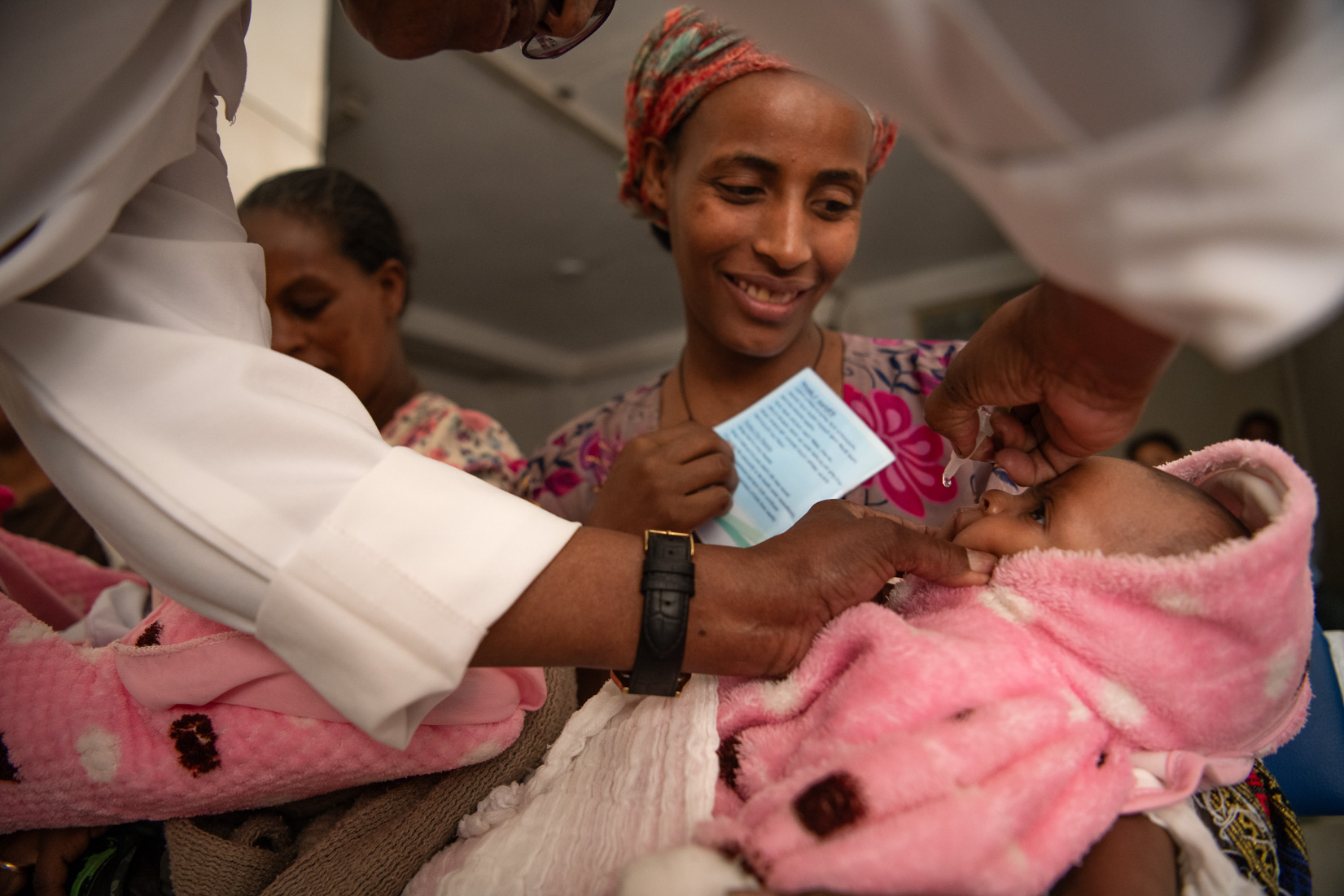
when
country
Ethiopia
region
Africa
Subject
Conflict, Humanitarian







